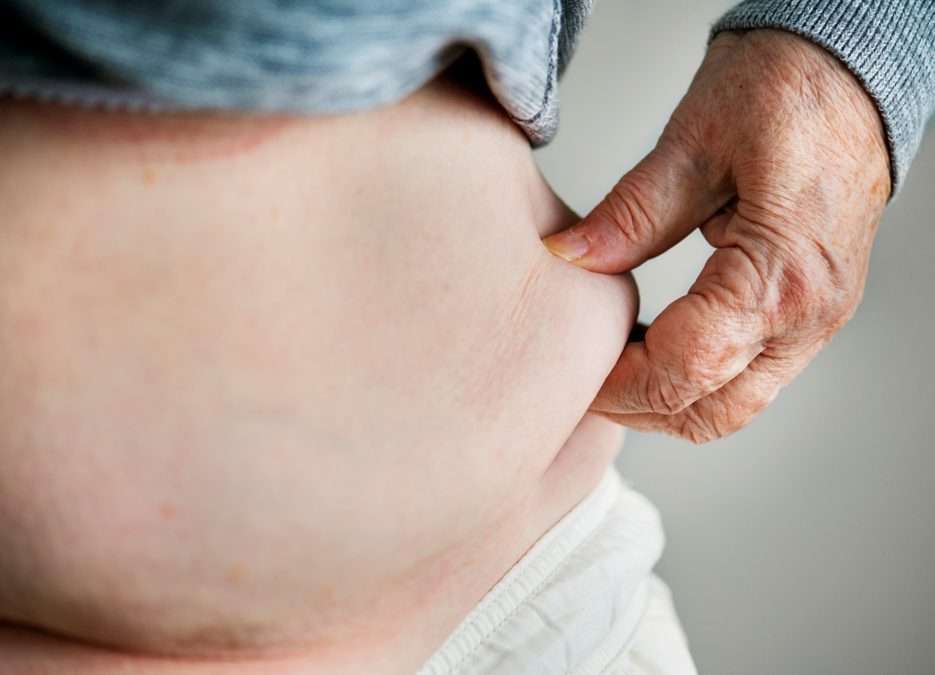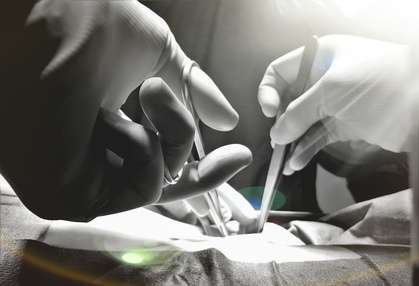- PERTH SURGICAL & BARIATRICS
-
08 65581901
Behind the alarming statistics on obesity, there are real men & women. The ones who constantly struggle physically and emotionally.
Weight-loss Procedures can Drastically Improve the Lives of People.
Alice Turner, a homemaker in Western Australia, was 115 kgs. She was suffering from 10 different life-threatening ailments. Type 2 diabetes, hypertension, hypothyroidism, diabetic retinopathy, glaucoma, sleep apnea, to name a few. After a thorough history, physical examination and lab tests, the doctors suggested bariatric surgery to improve her quality of life. Now post-surgery, Alice is down to 70 kgs and says, “People are still a little apprehensive about bariatric surgery. But my decision to go ahead with it improved my life dramatically, and my being dependent on several medications has reduced.”
But after surgery, it is vital to bear in mind that healing and recovering are processes that take time.
For laparoscopic surgeries (involving smaller cuts), the recovery time is shorter. Most people stay in the hospital for 1-2 days. Open surgeries with larger incisions can take a relatively longer time to heal. Hospital stay may have to be extended for patients who develop complications after the surgery.
This is the most crucial phase of the weight-loss regimen. The average time for full recovery from any bariatric procedure is around 4-6 weeks. But several factors determine the length of time to resume normal activities, including age, type of surgery, weight before the surgery, overall health condition etc.
The dramatic weight loss can adversely affect health if you do not follow the protocols by your doctor. For instance, soon after the surgery, you will be taking in fewer calories than before and the way your body responds to it and absorbs would also have changed. This may lead to malnutrition in some cases. Poor nutrition will also slow healing time. Lack of adequate vitamins & minerals can extend the time for recovery from a few weeks to several months. Talk to your doctor for any concern you have post-operation.
There cannot be a set period to resume normal activities as each individual is different, and each surgery is different.
A person who is above 50 years might take a longer time to get back to normalcy than the younger counterparts.
Comorbidities such as diabetes may involve a longer healing time. It is hence vital to switch to a healthier lifestyle months before the surgery and stick to it post-surgery, for the rest of your life. This way, the body can respond to changes quickly and facilitate quick recovery.
Most patients can return to work in 1-4 weeks. It is essential to consider the nature of your work. If you have a desk job, things might be easier than for the ones who have a physically strenuous job. Also, patients involved in a lot of physical activities could be at the risk of developing a hernia at the point of incision. It is thus essential to be open with your employer about all the issues.
However, there is a difference between resuming normal activities and complete recovery. You might have picked up your work, but the process of healing is still not complete. The best thing is to convince the employer about how your productivity can increase manifold if you are provided with the right support at this point!

April 23 , 2024 | 5 Minutes to Read
Gastric sleeve surgery is one of the highly recommended bariatric procedures to treat morbid obesity and any underlying disorders. It reduces the size of the stomach to create a pouch…

April 22 , 2024 | 3 Minutes to Read
Stomach Intestinal Pylorus Sparing Surgery, also known as SIPS surgery, is a single-anastomosis modified duodenal switch surgery. SIPS Surgical Procedure compared with other weight loss surgical procedures, such as gastric…

April 20 , 2024 | 5 Minutes to Read
Obesity is a global epidemic, and the situation is particularly grave in countries such as Australia. A substantial percentage of its population is obese , sometimes with underlying health conditions,…